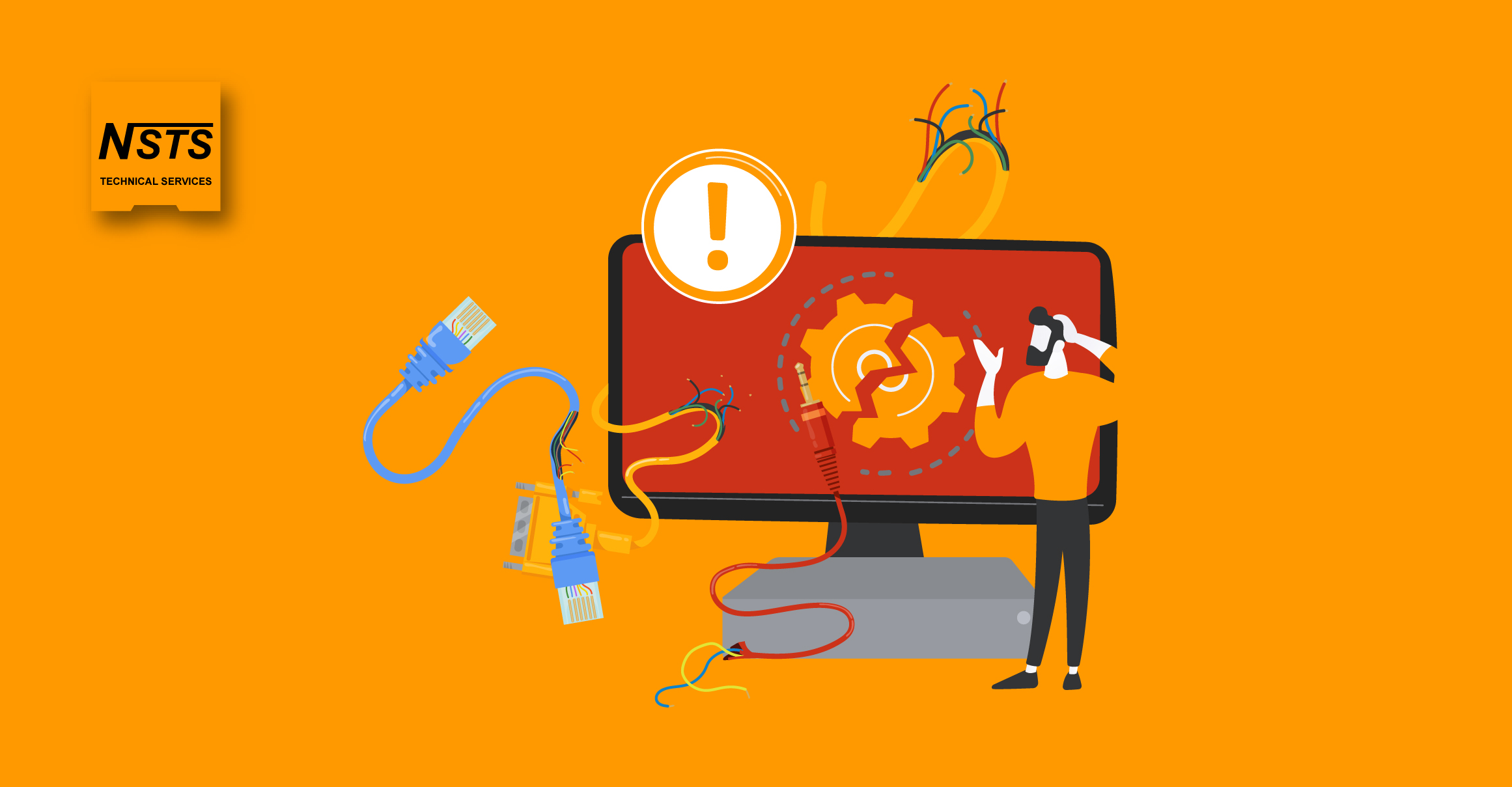
What to do if you find unsafe or defective electrical work?
Workers who are exposed to handling and maintaining electrical equipment should practise electrical safety as a general rule. It’s a series of procedures they follow to lessen electrical dangers and avert dangerous consequences in the event of a power outage. Also, accidents, near-misses, and even deaths can occur if electrical safety precautions are not taken. Let’s have a look at some of the most common reasons for unsafe electrical installations and ways to avoid them.
- Overhead Power Lines
Employees may suffer catastrophic burns or electrocution if electrical wires are powered and activated from above. Keep a safe distance of at least 10 feet from above power wires and neighbouring equipment. Plus, conduct site surveys to make sure that no items have been storing beneath electricity lines. Install safety barricades and signs to alert workers to potential hazards in the area.
- Damaged Tools and Equipment
Electrocution can occur when using faulty electrical tools and equipment. If you are not qualified to do so, do not attempt to fix or repair anything. Our experts for Electrical Maintenance Dubai can help you out with repairing. Check for cracks, scrapes, and abrasions on cables, wires, and cords. If any faults are discovered, mark the equipment as “defective” and remove it from service, alerting your supervisor that it must be fixed or replaced. Before beginning any electrical maintenance or repairs, lockout/tagout procedures should always be followed.
- Inadequate Wiring and Overloaded Circuits
Electrical equipment can overheat and catch fire if wires are used that are too small for the current. Use the right wire for the job and the electrical load you’ll be handling. Make sure to use an extension cord that is designed for heavy-duty use. Outlet adaptors should not be used to overload an outlet. Conduct regular fire risk assessments to identify spots where poor wiring or circuits could cause a fire.
- Exposed Electrical Parts
Interim lighting, open power distribution units, and insulation parts on electrical cords are all examples of exposed electrical elements. These risks can lead to electric shock and burns. Cover these objects with appropriate safeguarding measures, and inspect for any open parts that need to be fixed right once.
- Improper Grounding
Inadequate grounding of equipment is the most prevalent OSHA electrical infraction. Grounding properly can lessen the risk of electrocution by removing unnecessary voltage. The metallic ground pin on a plug should never undergo removing since it is responsible for returning surplus electricity to the ground. If you need professional help contact us for the best Technical Services in Dubai.
- Damaged Insulation
Insulation that is defective or insufficient is a fire threat as well as an electrocution hazard. Damaged insulation on wiring and cords should be reported right away. The component should be taken out of service until it has been fixed or replaced. Covering the exposed insulation with electrical tape is never a good idea.
- Wet Conditions
If you don’t have the required training and personal protection equipment, don’t use electrical equipment in moist areas. Water greatly increases the risk of electrocution, especially if the equipment’s insulation strike a balance.
Conclusion
Knowing your limitations and following the finest electrical safety procedures will help you avoid electrocution and death. Working within your area of competence is safer than leaving electrical work to those who have been trained particularly for it. If you are unsure about how to complete the task, do not hesitate to get assistance from a skilled authorised person. Contact Nathan Star, the one of the leading MEP Contracting Companies in Dubai to get the help. Our professionals can help you with everything you necessitate.





